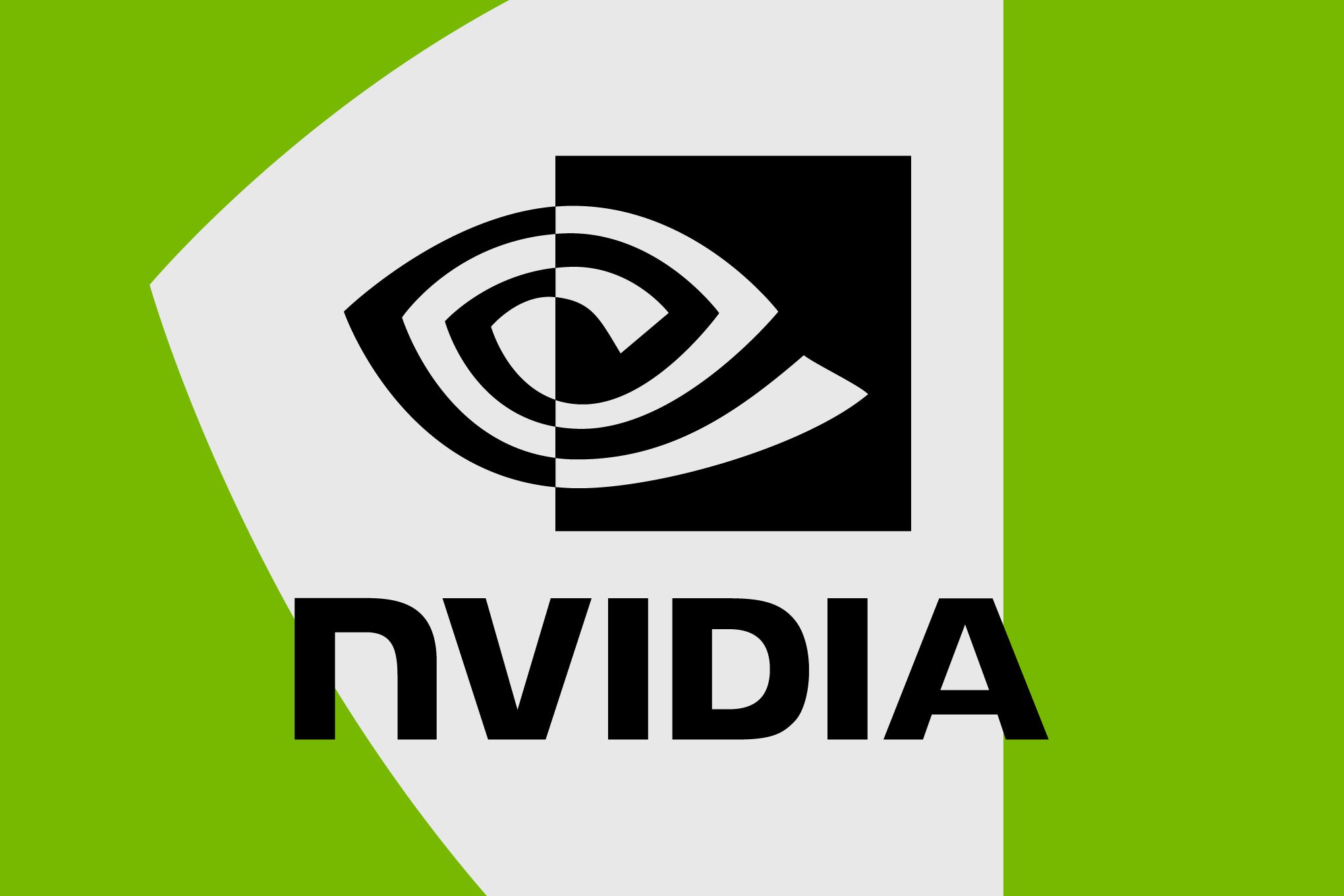
google s new scholar labs search uses Google has unveiled a new AI-driven search tool called Scholar Labs, aimed at enhancing the way researchers find relevant scientific studies.
google s new scholar labs search uses
Introduction to Scholar Labs
In an era where information overload is a common challenge, Google has taken a significant step towards refining the research process with its latest innovation, Scholar Labs. This new tool leverages artificial intelligence (AI) to provide users with more nuanced and relevant search results tailored to their specific research inquiries. While the potential of Scholar Labs is promising, it raises important questions regarding the reliability and trustworthiness of AI-generated results in the scientific community.
How Scholar Labs Works
Scholar Labs employs advanced AI algorithms to analyze the main topics and relationships within a user’s query. Unlike traditional search methods that often rely on metrics such as citation counts or publication popularity, Scholar Labs focuses on the semantic understanding of the text. This means it interprets the context and meaning behind the words in a query to surface studies that may be more relevant to the user’s specific needs.
AI-Powered Search Capabilities
The AI technology behind Scholar Labs is designed to identify patterns and connections in research literature that might not be immediately evident through conventional search methods. For instance, if a user poses a complex question about a specific aspect of climate change, Scholar Labs can sift through a vast database of scientific literature to find studies that address that particular angle, even if those studies are not the most cited or popular.
Current Availability
As of now, Scholar Labs is in a testing phase and is available to a limited number of logged-in users. This restricted rollout allows Google to gather feedback and refine the tool before a broader launch. The demonstration video showcased various research questions, illustrating how the AI could provide tailored responses that traditional search methods might overlook.
The Challenge of Trust in AI-Driven Research
While the capabilities of Scholar Labs are impressive, the reliance on AI to surface “good” science studies introduces a significant challenge: trust. Scientists and researchers often depend on established metrics to gauge the credibility and relevance of studies. These metrics typically include citation counts, journal impact factors, and peer reviews. The shift towards an AI-driven approach raises concerns about how well the tool can replicate or replace these traditional measures.
Concerns Among Researchers
Many researchers express skepticism about the effectiveness of AI in evaluating scientific literature. The primary concern is that AI algorithms may not fully understand the nuances of scientific research. For example, a study that is highly relevant to a specific query may not have garnered many citations simply because it was published recently or in a less prominent journal. Conversely, older studies with high citation counts may no longer be relevant to current research questions.
Understanding Scientific Rigor
Scientific rigor is a cornerstone of credible research, and many in the scientific community worry that an AI tool like Scholar Labs could inadvertently promote studies that lack this rigor. The challenge lies in ensuring that the AI can discern not just the relationships between words but also the quality and reliability of the studies it surfaces. Without a robust framework for evaluating scientific validity, there is a risk that users may be misled by the results generated by the tool.
Implications for the Future of Research
The introduction of Scholar Labs could have far-reaching implications for the future of research. If successful, it could streamline the research process, making it easier for scientists to find relevant studies quickly. However, it also necessitates a reevaluation of how researchers assess the quality of scientific literature.
Potential Benefits
- Efficiency: Scholar Labs has the potential to save researchers significant time by providing more relevant results quickly, allowing them to focus on their work rather than sifting through irrelevant studies.
- Access to Diverse Research: The AI’s ability to surface studies that may not be widely recognized could lead to a more comprehensive understanding of a given topic, encouraging researchers to explore less conventional sources.
- Enhanced Collaboration: By facilitating easier access to relevant research, Scholar Labs could foster greater collaboration among scientists from different disciplines, leading to more interdisciplinary studies.
Challenges Ahead
- Building Trust: For Scholar Labs to be widely accepted, Google must address the concerns of researchers regarding the reliability of AI-generated results. This may involve transparency about how the AI algorithms work and the criteria used to evaluate studies.
- Continuous Improvement: The AI must be continuously updated and refined to ensure it remains effective in identifying high-quality research. This will require ongoing collaboration with experts in various scientific fields.
- Ethical Considerations: The use of AI in research raises ethical questions about data privacy and the potential for bias in the algorithms. Google will need to navigate these challenges carefully to maintain credibility.
Stakeholder Reactions
The introduction of Scholar Labs has elicited a variety of reactions from stakeholders in the scientific community. Some researchers express enthusiasm about the potential for AI to revolutionize the way they access and engage with scientific literature. Others, however, remain cautious, emphasizing the need for a careful approach to integrating AI into the research process.
Support from Innovators
Proponents of AI in research argue that tools like Scholar Labs can democratize access to scientific knowledge. By making it easier to find relevant studies, they believe that more researchers, including those from underrepresented backgrounds or institutions, can contribute to the scientific discourse. This could ultimately lead to a more diverse and inclusive research landscape.
Criticism from Traditionalists
Conversely, traditionalists in the scientific community express concerns that reliance on AI could undermine the rigor of research. They argue that while AI can assist in the search process, it should not replace the critical thinking and evaluation skills that researchers develop over years of training. They advocate for a balanced approach that combines AI tools with traditional methods of research evaluation.
Conclusion
Google’s Scholar Labs represents a significant advancement in the intersection of technology and research. By harnessing the power of AI, it aims to streamline the process of finding relevant scientific studies. However, the tool’s success will depend on its ability to gain the trust of the scientific community and demonstrate its effectiveness in identifying high-quality research. As the testing phase continues, the feedback from early users will be crucial in shaping the future of Scholar Labs and its role in the research landscape.
Source: Original report
Was this helpful?
Last Modified: November 20, 2025 at 3:36 am
2 views















